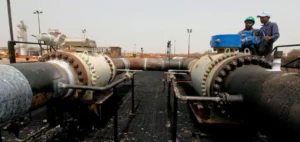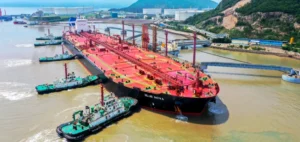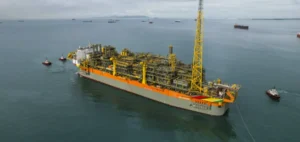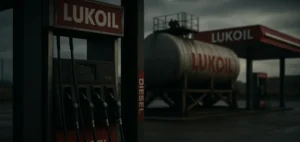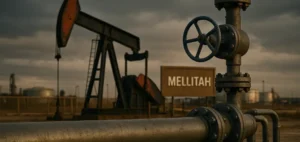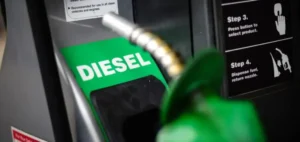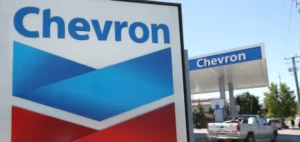The company Petróleos de Venezuela S.A. (PDVSA), the Venezuelan state oil company, is organising to restart its crude export operations in partnership with several international groups, under terms close to those granted during the previous US administration. Internal preparations come as US authorities plan to issue new authorisations to PDVSA’s longstanding partners, notably the multinational Chevron, to enable oil trading and export activities from Venezuela.
Towards a change in sanctions policy
This anticipated development signals a shift from the US pressure strategy enforced earlier this year, which led to the suspension of most Venezuelan oil licences in March. The new authorisations, which may not be publicly announced, aim to allow a gradual return of exports within a regulated framework. Ongoing discussions also include the possibility of resuming expansion operations, according to working groups referenced by Venezuelan President Nicolás Maduro.
The procedures for implementing future US licences are expected to follow previous mechanisms. Previously, Chevron supplied diluents to PDVSA, which in return delivered oil cargoes for export to the United States. Other European groups such as Eni, Maurel & Prom, and Repsol operated mainly under oil-for-fuel swap arrangements, with only a low level of debt repayment.
Gradual resumption of international oil flows
In recent years, Venezuela’s oil production has stabilised at around one million barrels per day, with the majority of exports going to independent refiners in China. US sanctions on the energy sector, first implemented in 2019, have significantly restructured the country’s commercial flows. A secondary tariff on buyers of Venezuelan oil was announced earlier this year but has not yet been applied.
The granting of new authorisations is expected to enable PDVSA and its partners to resume contract payments and import-export activities via crude swaps. However, US regulations preventing oil revenues from reaching the government of Nicolás Maduro continue to raise compliance questions, as PDVSA requires full payment of taxes and royalties before cargoes can leave.
Impacts on opposition and business outlook
This new regulatory framework is generating divisions within the Venezuelan opposition, with some figures believing the return of Chevron to full capacity could strengthen the government, while others see an opportunity for economic stabilisation. Previous negotiations between PDVSA and Chevron were suspended in April due to disagreements over payment methods, resulting in the cancellation of several shipments.
The potential resumption of export operations comes amid a diplomatic context marked by a recent prisoner exchange between Venezuela and the United States. According to a source familiar with the matter, the expected procedures should follow the practices adopted under previous licences, with no significant changes for foreign partners.











